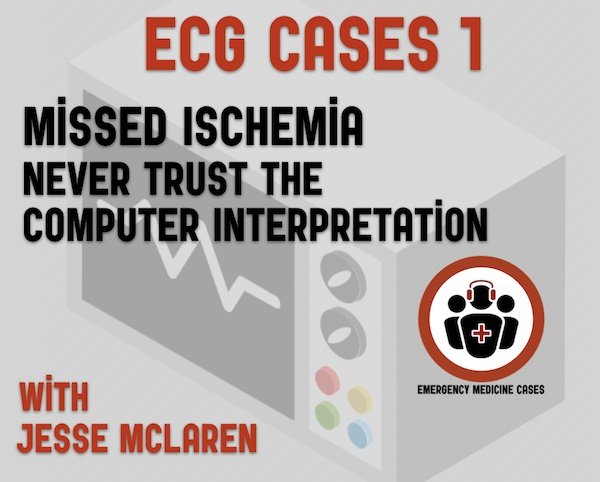Who? I haven’t done a formal study, but I have informally talked to people about it and I have yet to talk to someone who would be okay with AI reading their images without collaborating with a radiologist if at all.
The nearer term risk to diagnostic radiology is that it can be done remotely. When the bulk of reads can be piped to a basement full of radiologists in a lower cost of living area (not necessarily even offshore) there will be more and more pressure on radiologists. Throw in new computer tools to assist those radiologists and improve throughput, and fewer will be needed in the first place. We're not far off the point where a radiologist will be able to rapidly "review" and rubberstamp a machine read in a safe enough manner, and if both the machine and he miss something, that's where insurance comes in.
Longer term - and I'll concede this might not be an issue for people entering the field today - but it's just whistling past the graveyard to think AI reads won't be better than people at some point, and to think that the Formula from Fight Club won't be applied to cost and risk decisions in medicine.
It's not just raw processing power and clock speed, although those are enabling technologies. It's better algorithms and especially machine learning, which is still in its infancy despite the amazing things it's already doing. We're at the point where computers are far, far superior to humans at games like chess and go. What's important there, and not widely appreciated, is that ceding those games to the machines hasn't come about because of Moore's Law. Humans don't understand how the machines are coming up with their moves. I play chess at a moderately high level, and make a somewhat serious study of the game, and machine moves are just mysterious. Grandmasters struggle to understand some of their positional moves, material sacrifices, they way they seem to ignore obvious threats, at least until after the fact. We didn't teach them ideas, or principles, or patterns. They're just better than we are, they "see" more, miss nothing.
The branches of interventional radiology seem much safer, like most fields that need a proceduralist to touch and invade a patient's body. Sitting at a computer terminal though, converting 1s and 0s on the input side into 0s and 1s on the output side? There'll come a day when that's a waste of oxygen. During my lifetime, certainly ... during my career, perhaps not.
